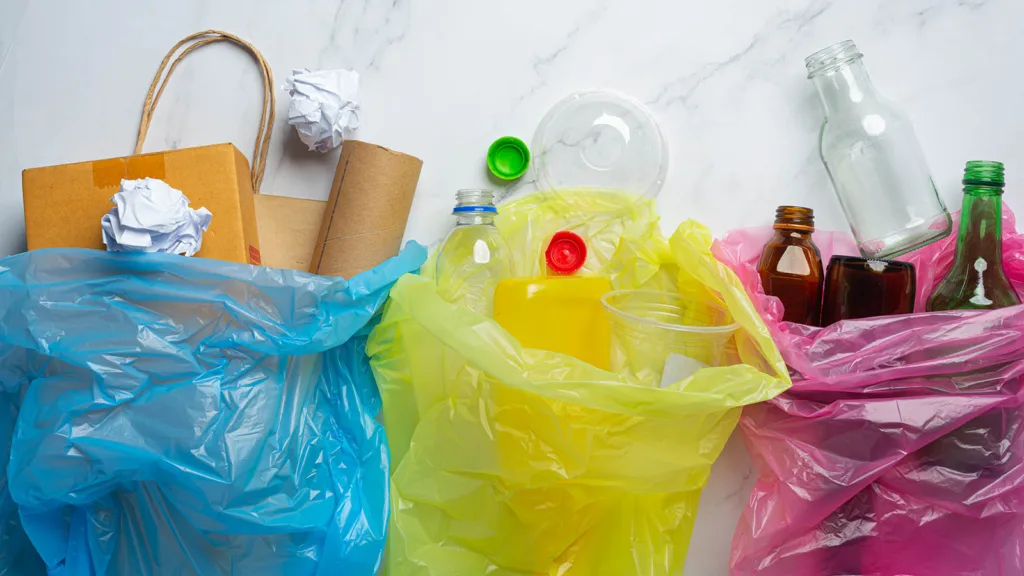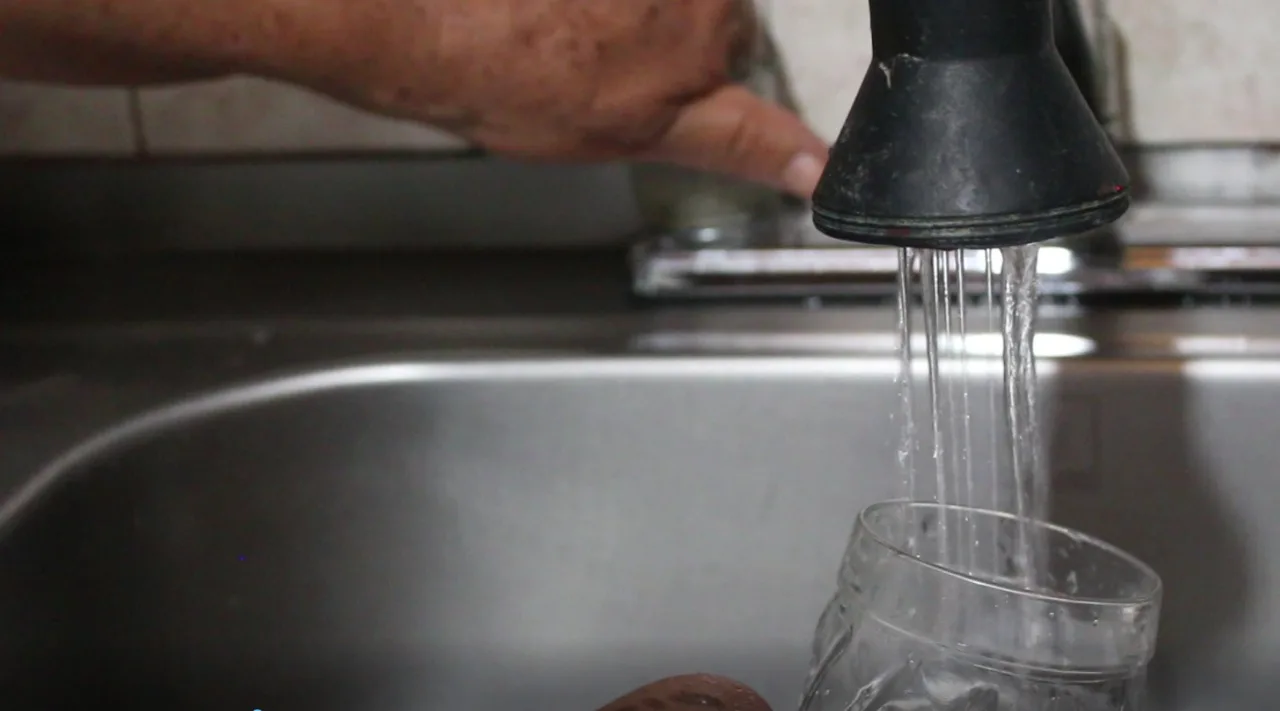More than 400 households in the ‘Pesebre del Huila’ are being beneficiaries of the Vital Minimum to guarantee the right of access to water in the urban area. Added to this, according to the Municipal Administration, progress is being made in the generation of citizen culture for proper recycling.
Newspaper of Huila, Huila
By: Gloria Camargo
In the municipality known as the “Pesebre del Huila”, a total of 460 households currently benefit from the Minimum Vital program. This program, which guarantees a significant discount on the drinking water bill, has been implemented by the local administration to provide support to the most vulnerable population.
Juan Carlos Ruales, mayor of Oporapa, highlighted the importance of this strategy in guaranteeing the basic rights of the population.
“The Vital Minimum is guaranteeing the most vulnerable population the right to drinking water and the fulfillment of a social commitment by the municipality,” said Ruales. Likewise, he stressed that this initiative contributes to maintaining water quality and, ultimately, benefits the health of all oporapans in the urban area.
The local president emphasized the multiple benefits of the program, which stands out as a pioneer at the departmental level. Among them, he mentioned that the Vital Minimum guarantees access to drinking water and basic sanitation as fundamental rights for the most vulnerable.
In addition, it ensures a significant reduction in the bill of households with less ability to pay, thus safeguarding the fundamental right to drinking water.
Ruales also highlighted that this program guarantees that fundamental rights are not subject to political interests, emphasizing that access to drinking water and sewerage is guaranteed up to five cubic meters for all the inhabitants of the municipality.
The Constitutional Court has supported the importance of the Vital Minimum, considering it a fundamental and qualitative right. This implies that each person must live in accordance with the status acquired from her throughout her life, but it does not mean that any variation in income implies a violation of this right.
With the support of the Mínimo Vital program, the inhabitants of Oporaba who previously paid up to 35,000 pesos in their water bills have experienced a significant reduction in their bills. In their latest accounts, they have only had to pay between 8,000 and 9,000 pesos, considerably relieving their financial burden.
Mayor Ruales lamented the fact that politicking has taken advantage of basic living conditions to obtain personal benefits.
“Politicking has sold something that should be a public obligation as a product: decent basic services,” Ruales said, stressing the importance of maintaining basic services as inalienable rights for all citizens.
Environmental impact
Likewise, in said municipality there is a particular way of encouraging the population to care for the environment through recycling strategies.
Ruales pointed out that “we have required all users in the urban area and also in rural areas to separate the source. We have demanded and we are carrying out an intense campaign in each of the homes so that the garbage that we are depositing in Biorgánicos is waste that comes already separated from their homes, ”he said.
In turn, he added that “this process for Oporapa has managed to project the municipality as a local entity that leads in the south of the department with responsibility for said separation, which also allows the municipality to save resources in the final disposal of waste. solids and raise awareness of environmental protection”.
A process that has not been easy, because according to the president, the Municipality has had to stand firm against those who do not go through the separation process.

“In the municipality of Oporapa, the garbage of those who do not separate it is not collected. It is left at the doors of the house. This at the beginning caused a lot of discomfort in the families that did not separate the waste, but in the end, in a bad way or in a good way, we ended up learning to separate ”, he established.
Finally, he indicated that a venture has been generated with recyclable waste, which takes place in the village of La Lajita, where the production of organic fertilizer is being carried out from organic waste.
How are you doing the separation?
In search of a more efficient and sustainable waste management, the municipality of Oporapa has implemented the separation process at the source, a strategy that consists of selecting and storing the different solid waste in its place of origin, thus facilitating its subsequent handling and exploitation.
In this sense, the municipality has established three categories to carry out this process: usable or recyclable, non-usable and organic. Usable waste is that which, due to its characteristics, can be reused through an industrial or home recycling process. This category includes materials such as paper, cardboard, glass, plastic, tetrapack and metal. By separating these materials, you help reduce the demand on natural resources and reduce the amount of waste that ends up in landfills.
On the other hand, non-usable waste are those that do not offer the possibility of being used in a recycling process or reincorporation into a production process. Examples of this waste are Styrofoam, diapers, sanitary towels, daily protectors, paper with plastic or metallic coatings, ceramics and potato chip wrappers. While these materials cannot be recycled, it is important to manage them properly to minimize their environmental impact.
Finally, organic residues are those that decompose naturally and quickly by biological action. This category includes food scraps, plant debris from pruning and gardening, carpentry scraps, and pet droppings. This waste can be composted or used in the production of organic fertilizer, which helps to close the nutrient cycle and reduces the amount of waste that reaches landfills.
To facilitate the separation at the source, the municipality of Oporapa has implemented the use of containers or bags of specific colors. The blue color is used for usable waste, the gray color for non-recyclable waste and the green color for organic waste. This color classification helps citizens to easily identify the type of waste and deposit it in the corresponding container.

However, it is important to emphasize that beyond the classification of colors, the fundamental thing is to carry out this separation process at the source and carry out an adequate classification of the waste. The commitment of citizens and local authorities in this regard is essential to achieve effective waste management and promote sustainable practices that contribute to environmental conservation.
In conclusion, the implementation of source separation in the municipality of Oporapa represents an important step towards more efficient and sustainable waste management. Through the classification of waste into categories such as usable or recyclable, not usable.
